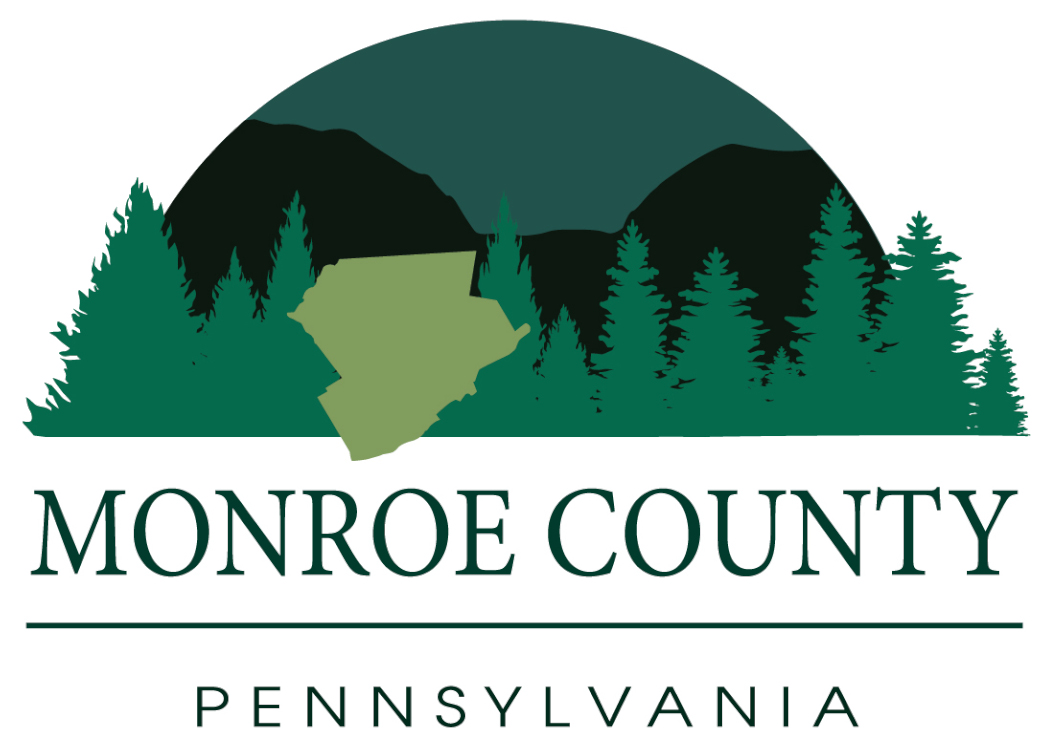We’ve all heard Skittle’s slogan, “Taste the Rainbow”, but a recent law passed in California seems to threaten these colorful candies.
Named The California Food Safety Act, but recently dubbed “The Skittles Ban”, California’s new law bans food additives found commonly in candies and sodas. The nickname comes from an earlier draft of the bill that banned titanium dioxide which is found in the popular candy.
However, the latest bill revisions have removed titanium dioxide from the banned list.
So what does this mean for the future of Skittles? In short– nothing.
Skittles will not be affected by this act at all. The rumor began with miscommunications online and though it spread fast, it is nothing but false news.
According to BBC News, the pop culture account Daily Loud posted on X, formerly Twitter, that Skittles would be banned in California. This post alone was viewed by over 20 million people.
Mario Lopez, an American actor and television host shared the message to millions through his own X account as well. The tweet read, “Crime is through the roof, worst drug epidemic ever & homelessness at an all-time high in CA… Let’s focus on Skittles.”
“This just shows how quickly fake news can spread and the huge impact it has,” said Emma Deardorff, 11.
Before panicking over future skittle bans, make sure sources of information are reliable. News from a celebrity on X is not a steady news source.
The actual ingredients being banned by this act are brominated vegetable oil, red dye No. 3, potassium bromate, and propylparaben, none of which are found in Skittles. All have been linked to cause cancer in animals. Companies will have until January 1, 2027, to change these ingredients before the items will be taken off shelves.
“The Skittle Ban” act has brought up conversations about what is acceptable in food in the United States and Europe. Plenty of other countries have banned titanium dioxide from their food because it’s dangerous, so why isn’t that the case here?
Social media activist and author Vani Hari explains how Europe practices a “better safe than sorry” procedure while deciding what additives are allowed in food on her blog Food Babe. If something, such as titanium dioxide, is potentially harmful, they either ban it or add warning labels to it.
The United States takes a “wait and see” approach. They allow companies to have a huge say in what’s safe to be put in foods and don’t ban additives unless proven dangerous.
So though the Skittles candy does contain some ingredients banned in other countries, there is no sign they will be banned here. Titanium dioxide was ranked okay to eat by the FDA as long as it’s done in small quantities, but it would probably be a good idea to follow Britain’s lead and convert to a “better safe than sorry” policy when dealing with food additives.
For now, as long as no one is eating Skittles by the pound, there’s no real chance of getting hurt.
